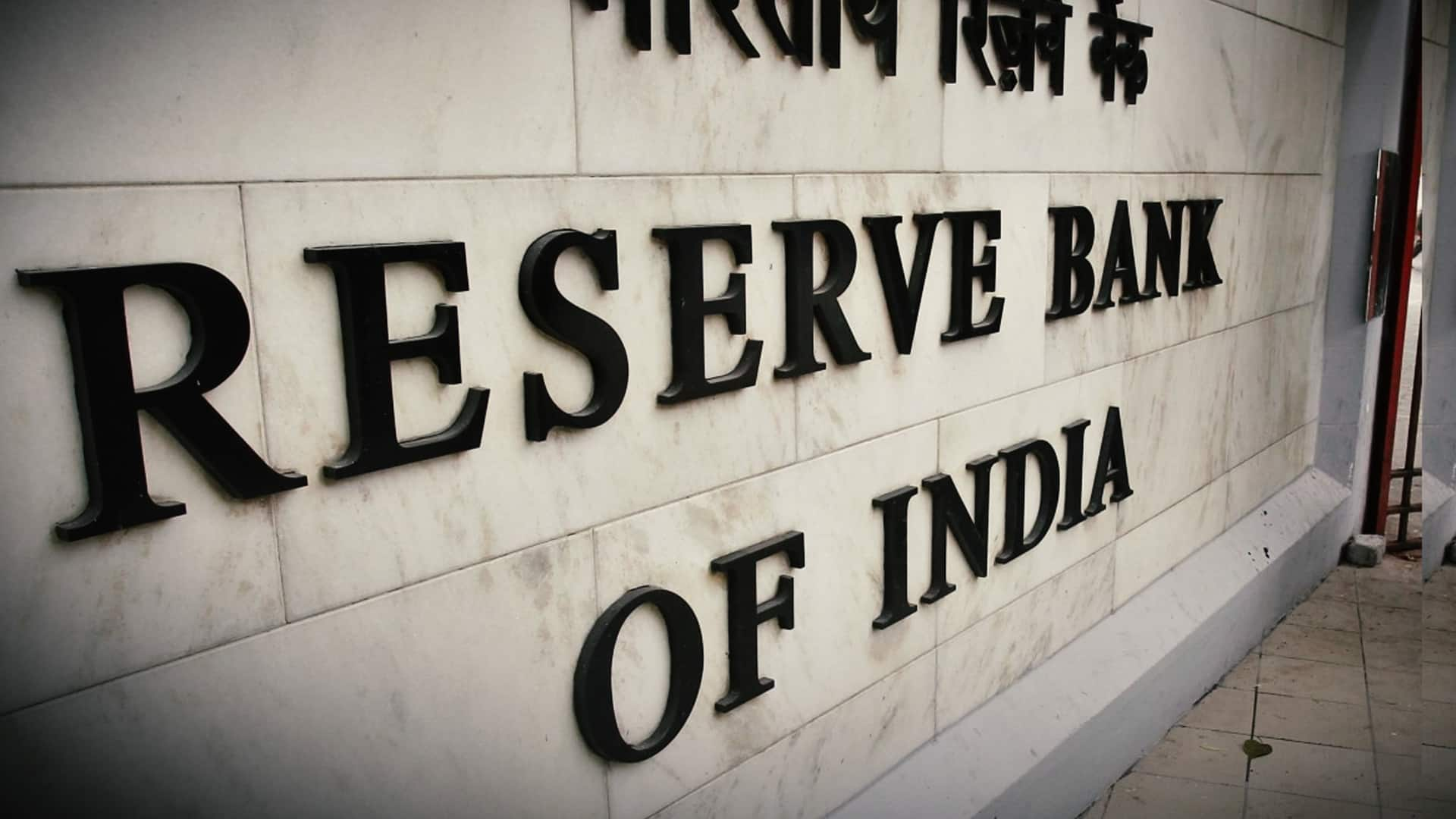
RBI imposes withdrawal restrictions on two co-operative banks: Here's why
What's the story
The Reserve Bank of India (RBI) has imposed withdrawal restrictions on two co-operative banks, Sarvodaya Co-operative Bank in Mumbai and the National Urban Co-operative Bank Ltd in Pratapgarh, Uttar Pradesh. This move comes as a response to the declining financial health of these banks. The RBI has limited withdrawals to ₹15,000 for Sarvodaya Co-operative Bank customers and ₹10,000 for those of National Urban Co-operative Bank Ltd. These changes are now effective.
Further limitations
Additional restrictions and insurance coverage for depositors
In addition to withdrawal restrictions, the RBI has also prohibited these banks from giving or renewing loans, making investments, or taking on any liabilities without its prior approval. However, depositors can claim up to ₹5 lakh from the Deposit Insurance and Credit Guarantee Corporation (DICGC) in case of financial loss. The DICGC provides insurance to Indian bank depositors and guarantees compensation up to a certain limit in case of bank failure or restrictions.
Remedy
What should customers of these banks do?
Customers of Sarvodaya Co-operative Bank and National Urban Co-operative Bank should stay informed by following official announcements from the RBI and the respective banks. They should evaluate their financial spending and adjust withdrawals accordingly, taking into account the limitations in place. Exploring alternative banking options or diversifying deposits among various banks can also be considered to manage risks effectively.